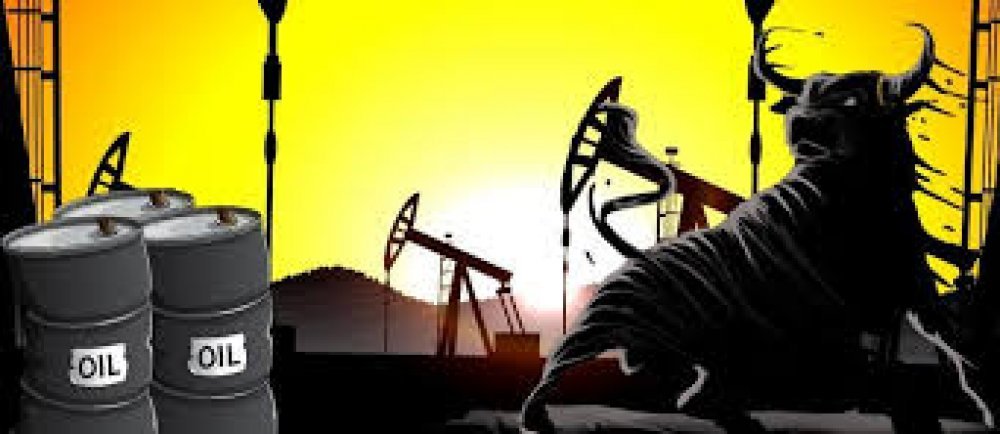Other Pages
- Opinion Poll
- About Us
- Send Your Story
- Contact Us
- Newsletter
- Privacy Policy
- Terms and Conditions

On Tuesday, oil prices climbed to the highest level in three years on expectations that the global natural gas crisis will spill over into other commodities at the same time as global economic recovery boosts demand.
Brent, the international benchmark for Nigeria’s crude oil, rose for six straight days, adding 1.4 per cent to $81.17 a barrel, reaching its highest since October 2018. It gained 1.8percent on Monday.
The United States West Texas Intermediate (WTI) crude futures climbed 41 cents, or 0.5percent, to $75.86 a barrel, hitting its highest since July. It jumped 2percent the previous day.
The strong rally comes as international businesses and consumers increase their usage of everything from petrol to aeroplane fuel at a time when governments are lifting social curbs imposed to slow the spread of coronavirus.
Goldman Sachs, one of the most influential banks in commodity markets, said it expected the rally to continue and forecast Brent to hit $90 a barrel by the end of the year, up from a previous estimate of $80.
“The current global oil supply-demand deficit is larger than we expected,” it said, adding that demand had recovered “even faster” from the impact of the Delta coronavirus variant than anticipated and that global supply remained constrained.
The oil price increase comes amid a wider rally in energy markets, particularly in gas, which has hit record prices in recent weeks driven by under-investment in production, high demand and competition for supply between Europe and China.
The impact of the gas crunch has been felt across several industries and is expected to lead to a rise in oil-fired power generation in some countries if gas prices remain high.
Although the rising price of crude oil raised Nigeria’s hope of effectively funding its 2021 budget, it also means further petrol subsidy burden on the financial books of the Nigerian National Petroleum Corporation (NNPC).
In presentations to Federation Account and Allocation Committee (FAAC) meetings seen by BusinessDay, NNPC deducted N608.8 billion from remittance to the Federation Account in the first half of 2021.
This development means more struggles for Nigeria’s finances most especially the ability of the three tiers of government to meet their various constitutional obligations.
Data from the Nigerian National Petroleum Corporation (NNPC) showed Nigeria incurred N25.37bn subsidy cost in January, N60.40bn in February, N111.97bn in March, and N126.30bn in April and N114.34bn in May.
The subsidy cost rose from N143.29bn in June to N175.32bn in July but fell to N149.28bn in August, according to the NNPC.
0 Comment(s)